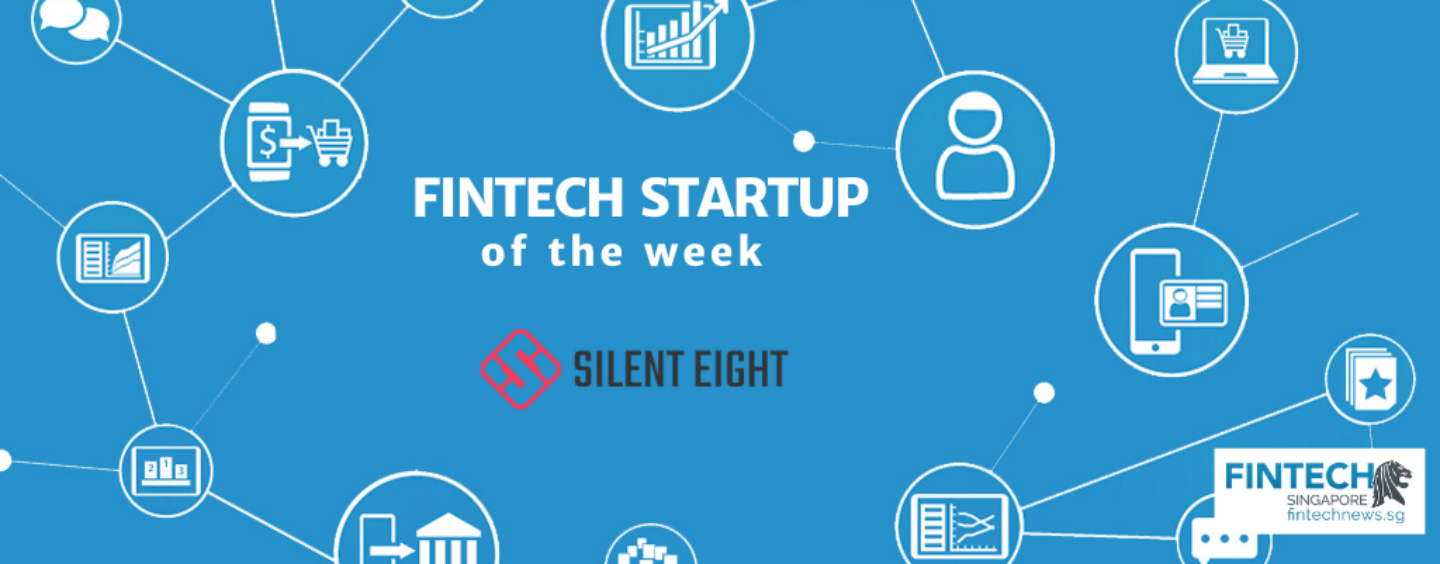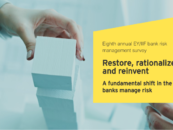COVID-19 continues to spread in Singapore with now more than 30,400 confirmed cases and over 20 deaths, according to the latest data from the John Hopkins University.
Though the numbers continue to rise, with 614 new cases of COVID-19 infection being unveiled just on May 22, the government is planning to further ease restrictions starting next month.
On the economic front, the Singapore economy contracted by 2.2% year-on-year in the first quarter due to the outbreak and the global measures put in place, reports Channel News Asia. The Ministry of Trade and Industry (MTI) has downgraded its GDP growth forecast for 2020 to between -4% and -1%.
Undeniably, the pandemic has had an enormous impact on all nations and all industries with the hardest hit being small businesses and startups.
But in these dire times, the business community has shown solidarity by developing new products, and offering discounts and free services to their counterparts.
To do our part in this global effort, the Fintech News Network will be covering one new promising fintech startup each week to give them a much deserved spotlight.
Today, we delve into Silent Eight, a regtech startup leveraging artificial intelligence (AI).
Silent Eight: AI for name screening
Silent Eight is an award-winning regtech startup that helps financial institutions manage their compliance and risk obligations. The company leverages AI and machine learning (ML) to improve the name screening process, weed out money laundering and terrorist financing, reduce manpower and compliance risks, and enable better decision making.
Silent Eight’s technology is capable of digesting petabytes of data simultaneously and uses ML algorithms to screen client entities against sanctions lists, criminal records, court cases and other public and private data.
Not only does the solution provide financial institutions with more relevant information, it also significantly lowers the chances of inaccuracies, enhances the security of transactions, and frees up analysts’ time so they can focus on more complicated alerts that require human intervention.
On-demand AI for KYC and AML
Most recently, the company launched a new commercial model that made its award-winning name screening AI available as a cloud-based, on-demand service with no minimum or contract.
The AI, which is traditionally custom built for large banks to solve name and entity alerts, is now for the first time available to a broader market, thanks to its commercial structure that allows customers to only pay for the alerts solved, without any annual commitment, the company says.
The new offering aims to support alert solving during the pandemic and help mitigate the business impact of COVID-19 in the compliance space, it says.
The AI is fully customized and learns from the institution’s processes and experience. It comes with military-grade encryption, covers any type of alert (AM, PEP, sanctions, internal), and has no limit on geographies or hits per alert. It is deployable in as few as two weeks.
Silent Eight has waived all set-up costs for configuring its cloud AI as part of their pledge to help the Singapore financial community.
Incorporated in 2013, Silent Eight is headquartered in Singapore and has offices in London, New York, Chicago, and Warsaw. The startup was the winner of the 2017 Fintech Abu Dhabi Innovation Challenge, the Monetary Authority of Singapore’s 2017 Fintech Hackcelerator award and won the Top Fintech Award in Australia in 2018.
Silent Eight’s backers include SC Ventures, the venture capital arm of Standard Chartered, Wavemaker Partners, and OTB Ventures.
Standard Chartered is also Silent Eight’s biggest client and has engaged with the startup since December 2018 to optimize its name screening process at scale across more than 40 markets including the US, the UK, Singapore and Hong Kong.
Silent Eight is now looking to bolster its global presence and says it will be bringing in a couple of new global customers this year, in addition to evolving its offering to suit their needs.
Silent Eight is part of a growing community of tech startups that are applying cutting-edge technologies to help financial institutions enhance their regulatory processes.
In 2019, financial institutions were fined a total of US$36 billion for non-compliance with AML, KYC and sanctions regulations, a 160% increase over a 15 month period, according to a study by Fenergo.
Out of the world’s top 50 banks, 12 were fined for non-compliance with AML, KYC and sanctions violations last year. Switzerland was the biggest offender after a tier one Swiss bank received the biggest single fine of US$5.1 billion by the French Criminal Court for AML breaches.








